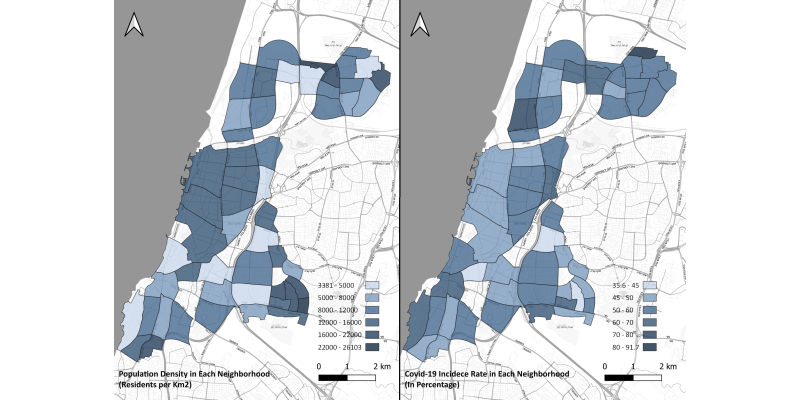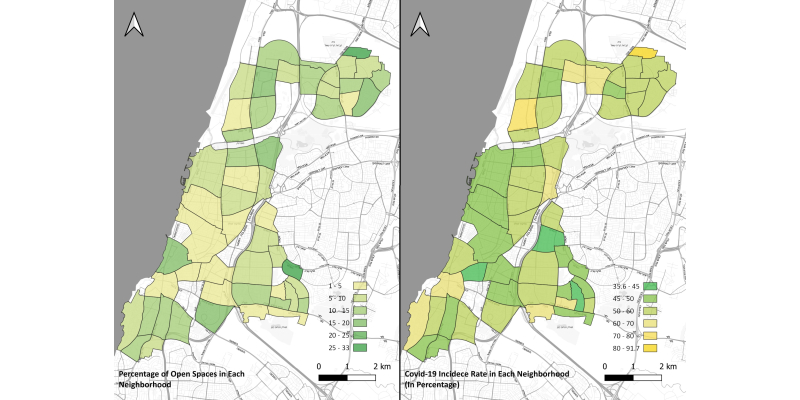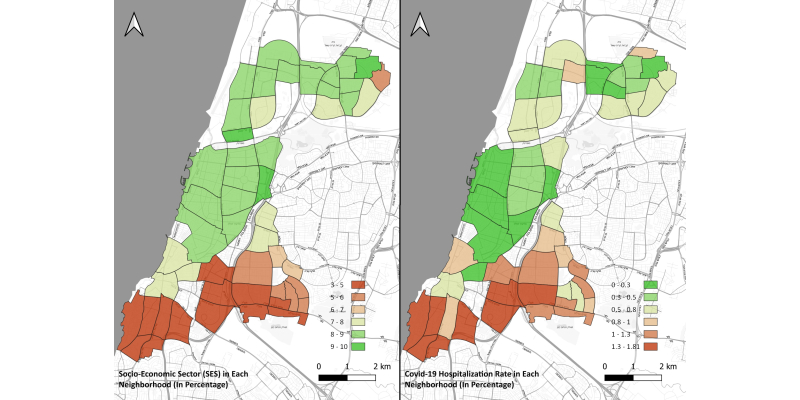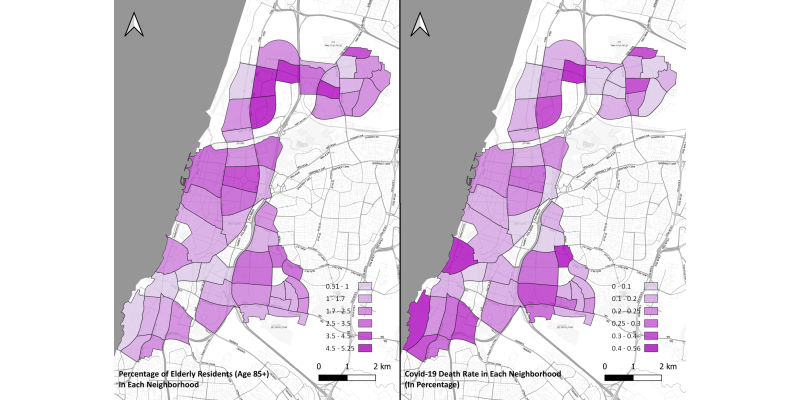Setting the stage
Health care represents one of the most important social and economic challenges that every country faces. Improving human health and providing access to affordable, high quality health care is a key concern of all countries. Healthcare administrators, clinicians, researchers, and other field practitioners encounter increasing pressure generated by the growing expectations from both the public and the private sector to maintain a long and healthy life span. This challenge is not autonomous and should be viewed in the context of location, time and space. Two major changes are:
- The rise of Information and Communication Technologies (ICTs), which play a major role in improving the access, efficiency, quality, and therefore effectiveness of any process related to health care. This process is bi-directional, with countries and institutions developing top-down e-health platforms, and bottom up with people reading and exploring health knowledge. These components could be nation-wide, but might also be city-, region- and neighborhood-specific within a country.
- Growth of cities and increased population density (more people per square meter) and the adoption of Urban Digital Lifestyle – a category used for juxtaposing varied parameters, particularly the user’s socioeconomic status, the locale’s socio-spatial characteristics, and the user’s digital practices. With contextual variations, this process takes place both in global north (OECD) and global south. Here again, there are city-, region- and neighborhood-specific trends.
This project proposal suggests exploring the relationship between health (i.e. lifespan, quality of life, infections, morbidity and mortality) and urban lifestyle. Can we identify particular patterns of health in different urbanization context? Can landscape and city structure contribute to health? How do specific urban regions affect lifestyle, and can they contribute to the prevention of diseases? What are the relationships between particular urban conditions/amenities, socio-economic health profiles of people living in the city? How does the integrated assessment between health and urban planning influence health and planning initiatives? We suggest developing a framework to understand urban-health challenges and supply answers to some of the above pertinent questions.
Objectives
- Assessing the link between health and urbanization, lifestyle and living conditions.
- Tracking health in regions and neighborhoods in a city, and how human health is affected by these variabilities.
- Developing technological tools and a framework to assess these questions for future input by other data sources and teams.




